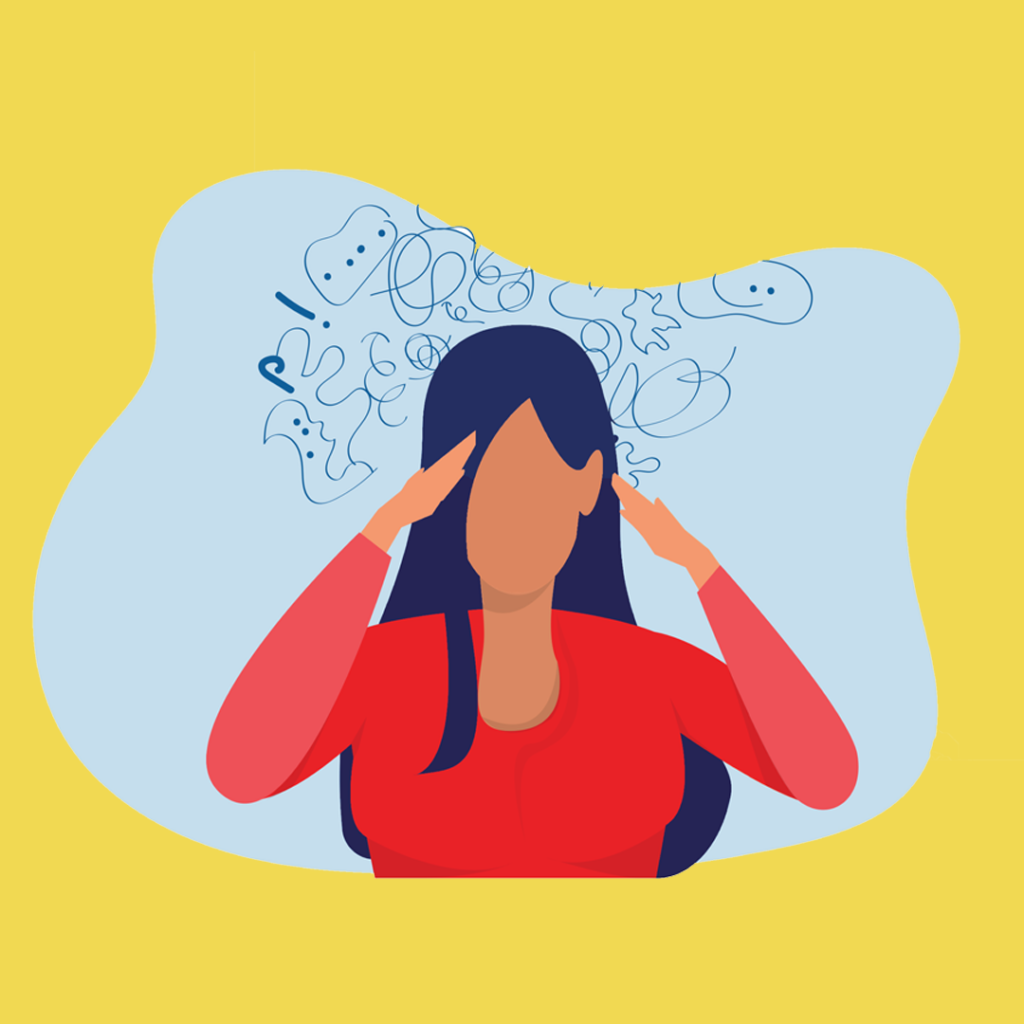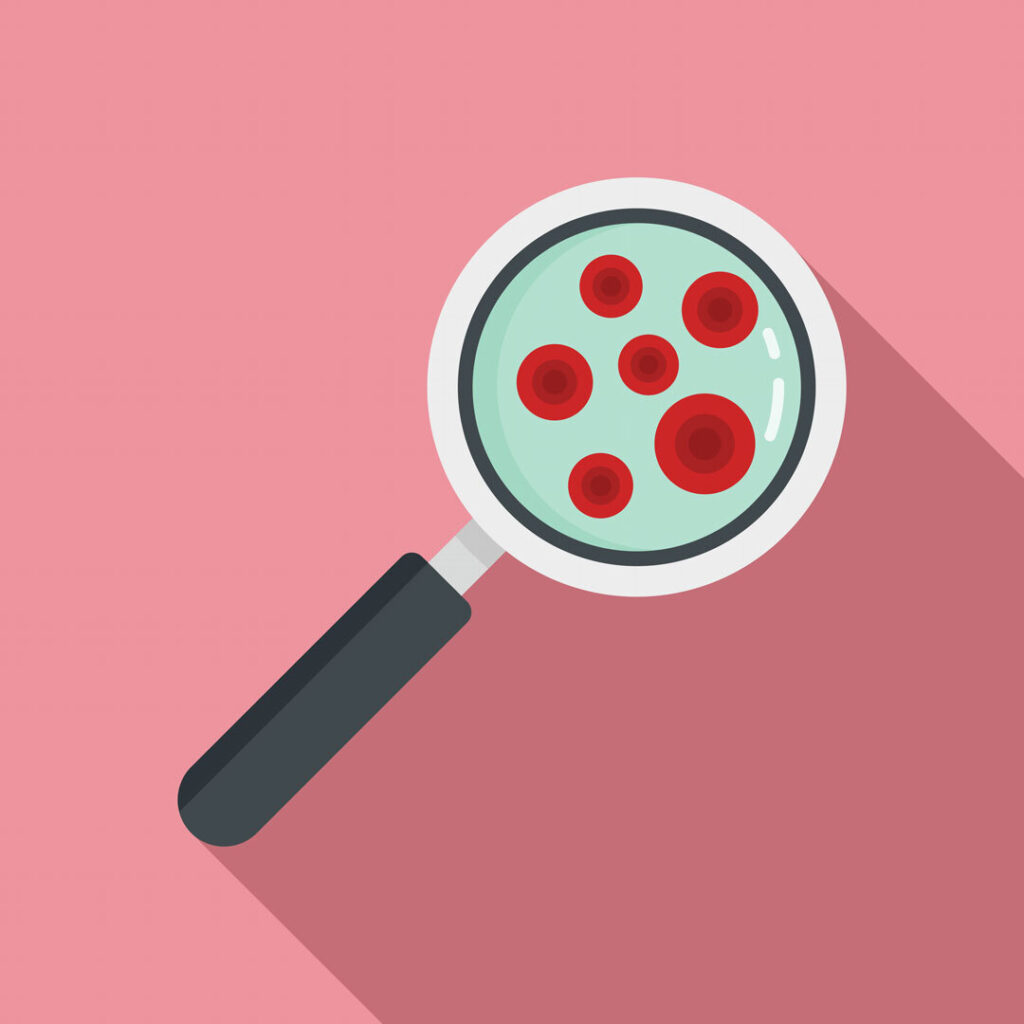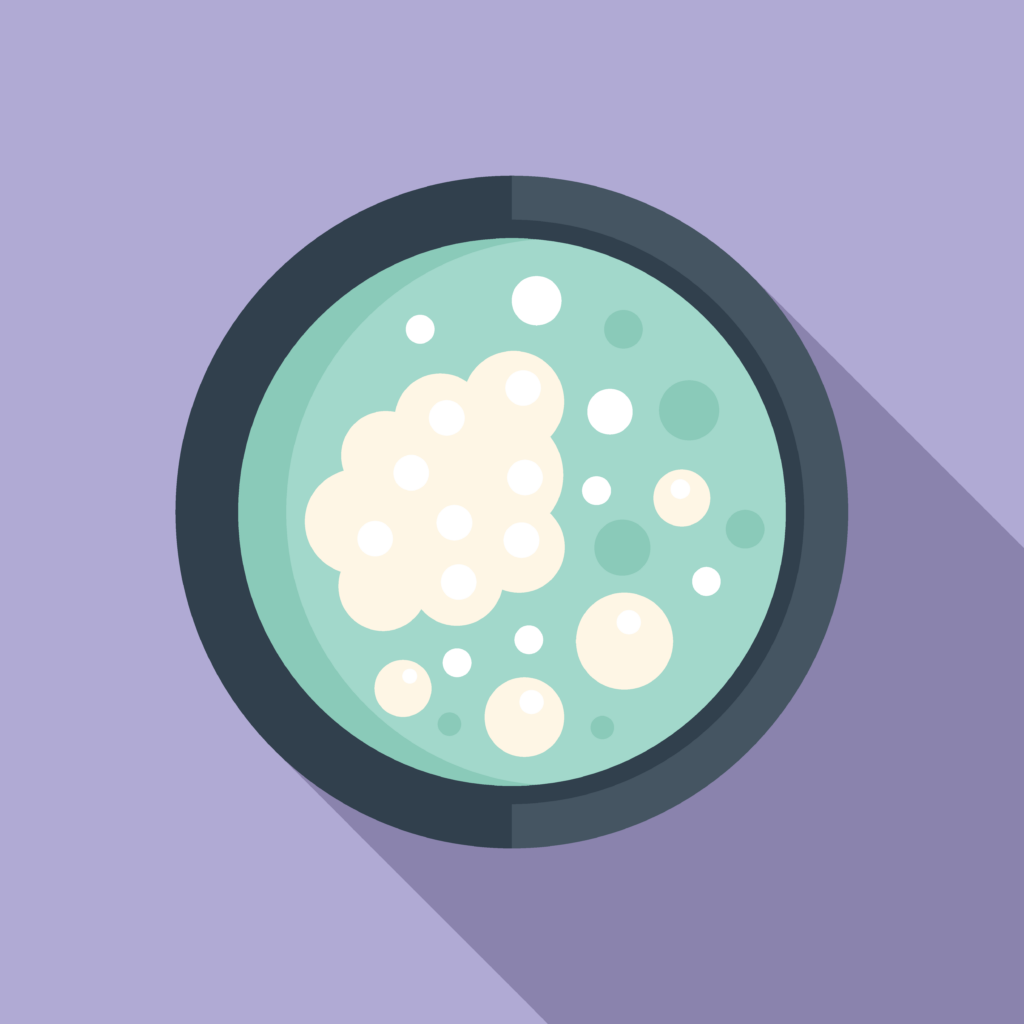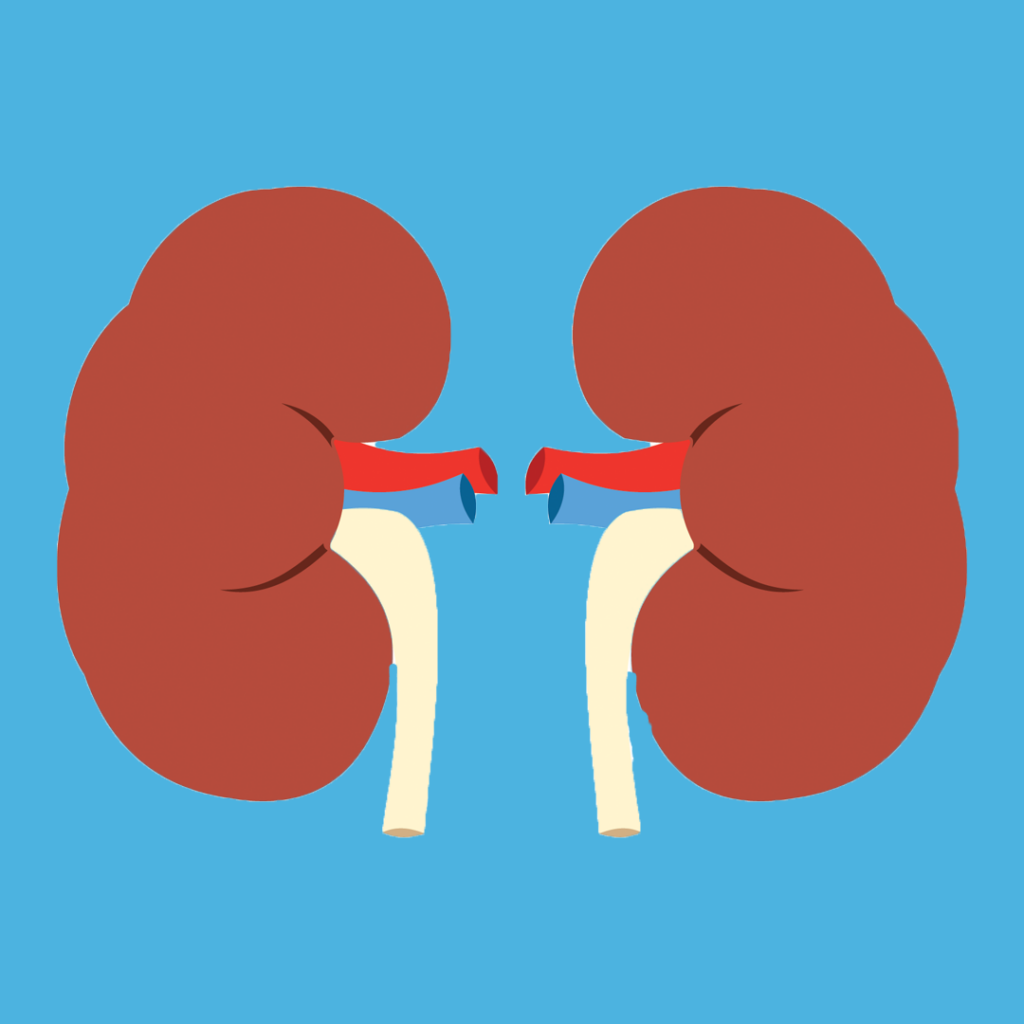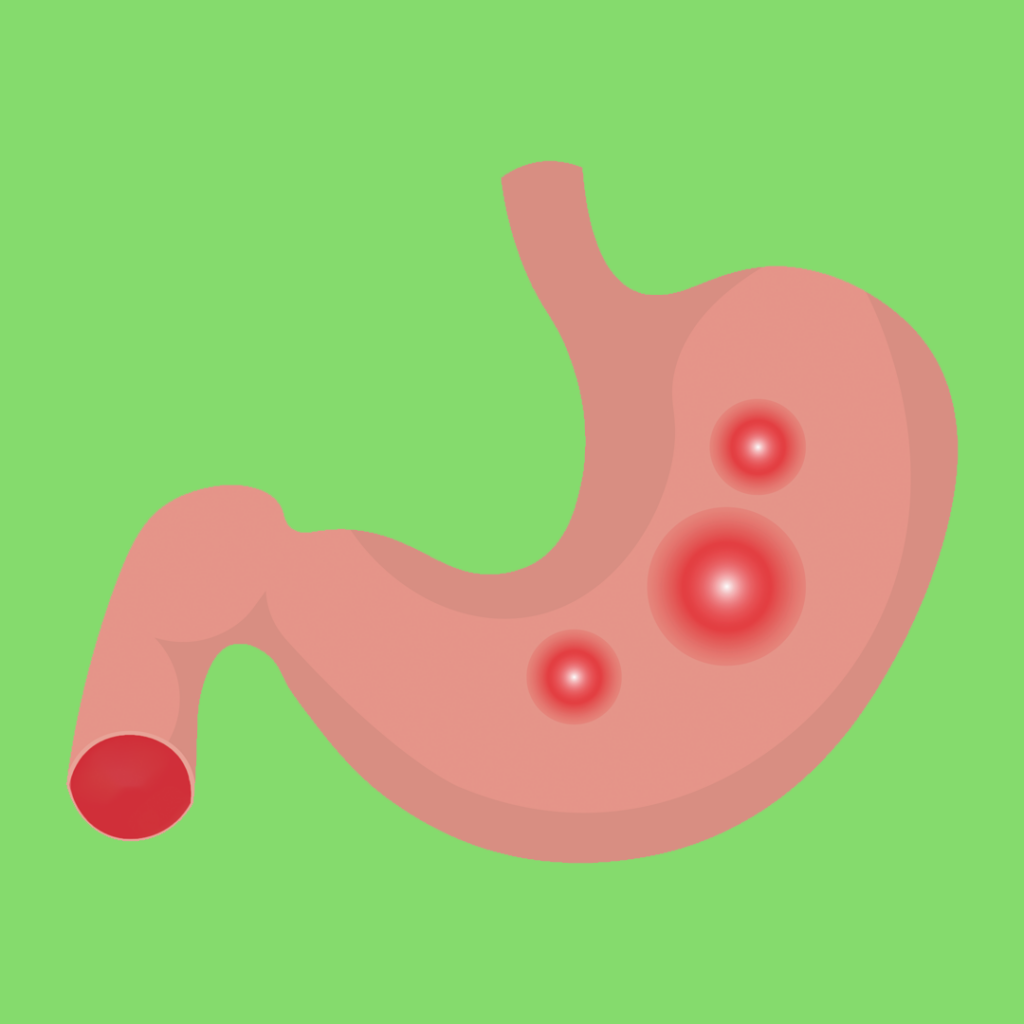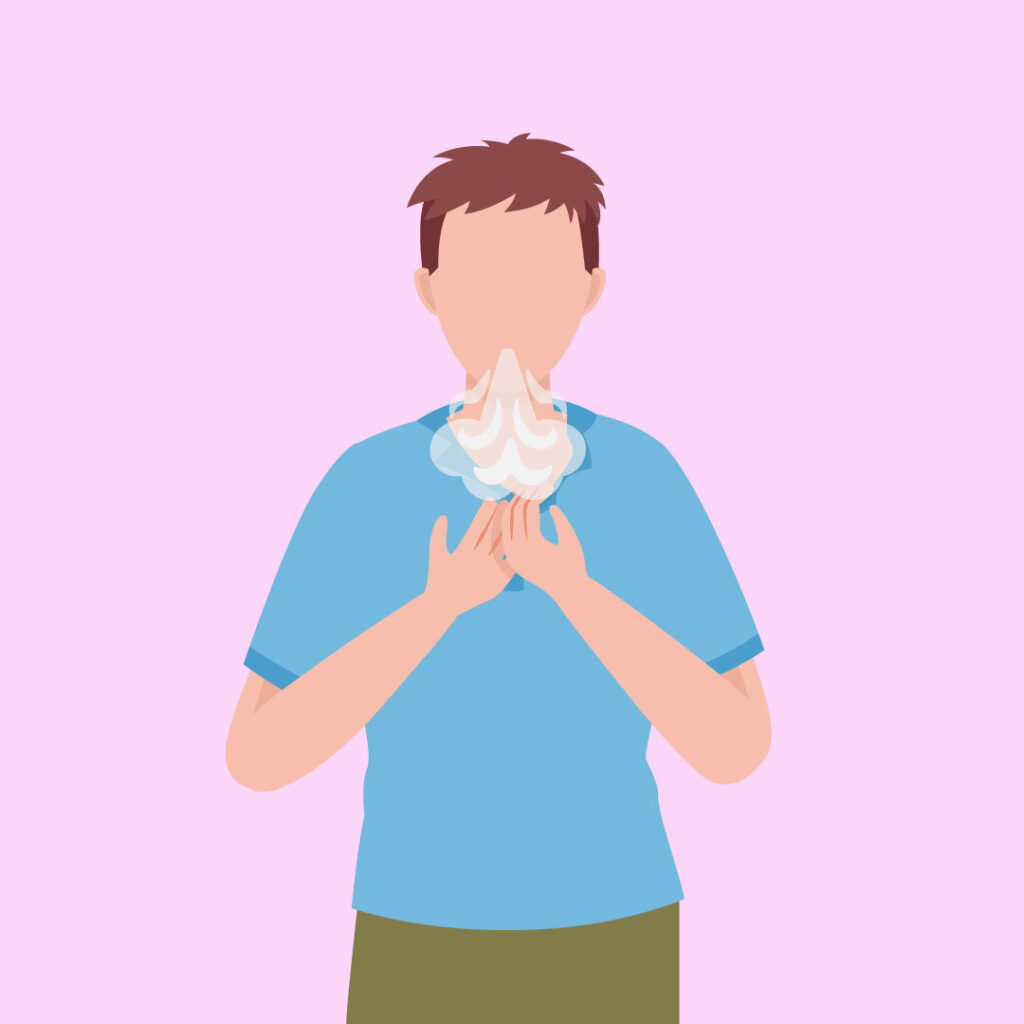Conquering chronic fatigue with zinc
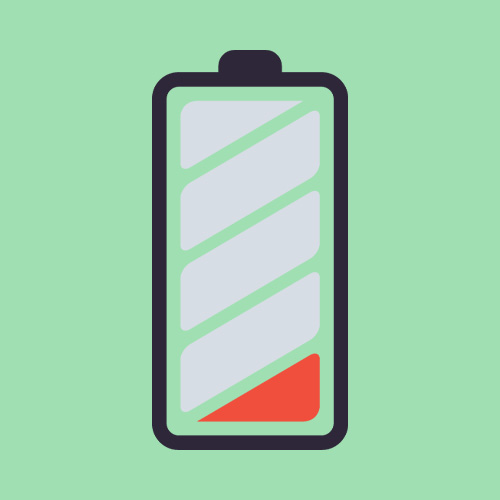
Questions answered in this article:
Chronic fatigue is one of the most common and difficult syndromes to diagnose. Life gets busy, responsibilities stack up, and exhaustion sets in. But if this exhaustion becomes constant, it can have detrimental effects on your overall health. Chronic Fatigue Syndrome (CFS), characterized by prolonged debilitating mental and physical fatigue, can be avoided by prioritizing nutrition and ensuring adequate levels of zinc.
How do I know if I have CFS?
CFS shares many symptoms, or combinations of symptoms, with other illnesses. For example:
- It might feel like the flu or a cold. Symptoms may include aches, fever, congestion, upper respiratory infection and digestive upset.
- It might affect your mood; from having trouble concentrating to feeling forgetful, anxious, depressed or prone to mood swings.
- You might have developed more of a sensitivity to light and heat. This is a sign of fatiguing adrenal glands. The adrenal glands are responsible for the production of cortisol, the stress hormone. They become fatigued when we overproduce cortisol to cope with continued stress.
- Sleep is also likely an issue. You may experience restless nights, feelings of lethargy and irritability, or even night sweats.
The defining feature of CFS is the presence of a combination of these symptoms for a prolonged period of time. Routine medical tests often don't detect specific diagnoses because the symptoms are so varied. In fact, CFS is often misdiagnosed as hypochondria or depression.
Zinc and Chronic Fatigue Syndrome
One of the primary causes of CFS is sub-optimal nutrition. Poor nutrition causes nutrient deficiencies and a weakened immune system, with zinc being one of the main nutrient deficiencies contributing to CFS.
Zinc's role in energy production
Zinc is part of more than 300 enzymatic reactions in the body. It is key for energy production, detoxification, as well as free radical defence. This makes it a helpful mineral for preventing CFS.
Zinc helps metabolize proteins for muscular growth and repair. This reduces physical fatigue, as well as muscular weakness and aches, particularly when associated with CFS.
Zinc also helps metabolize fat and sugars for energy production. Without adequate intake of zinc, our body is unable to produce enough energy to function properly. If energy production is not up to par, we might reach for stimulants like coffee, sugary soft drinks, chocolate, and processed foods. These stimulants give our bodies false energy and serve as a temporary crutch. Excessive intake can lead to blood sugar imbalance, energy crashes, irritability, and poor sleep. Without adequate zinc, these symptoms can trigger an addictive reliance on stimulants to get through the day.
Supporting the liver for healthy detoxification
Zinc is also an important contributor to the liver's detoxification process. When the liver is inadequately supported and overloaded with poor nutritional choices, its detoxification process slows down. Poor detoxification can cause lethargy, frequent headaches, and mental fogginess or fatigue.
Spotting a weakened immune system
Zinc is a vital support for our immune system. Signs of a weakened immune system include hair loss, weight loss or gain, poor wound healing, and mental lethargy. Our serum zinc levels naturally decrease with age. They are also depleted by excessive exercise, alcohol consumption, and poor digestion. With a weakened immune system, we are more likely to experience recurrent symptoms of cold, flu, and upper respiratory infection.
Ever wonder where brain fog comes from?
If you've ever experienced brain fogginess, the cause could be zinc deficiency! Studies show that zinc plays an important role in neural communication, and inadequate daily intake leads to cognitive dysfunction. By supporting our bodies with zinc-rich foods, we can avoid the debilitating fatigue of CFS.
Caring for chronic fatigue
The first course of action against CFS is adequate rest. Look at moderating your exercise and opting for deep breathing practices. Avoid stimulants, including coffee, chocolate, soft drinks, and processed foods. This can help reduce stress so that you can focus on replenishing energy.
Eating for energy
To improve energy through nutrition, focus on a whole foods diet with 50% coming from raw foods. A whole foods, energy supporting diet includes vegetables, whole grains, some fruits, nuts and seeds, and some deepwater fish.
To increase your intake of zinc-rich food, focus on these sources:
- Oysters
- Pumpkin seeds
- Ginger root
- Pecans
- Split peas
Supplementing for energy
Zinc is an essential mineral, and as a result, must come from diet or supplementation. The recommended daily allowance (RDA) for men is 11 mg and 8 mg for women. If you require additional support, oral supplementation can correct deficiencies.
Additional supplements to support energy include a high-quality multivitamin, vitamin C, or an antioxidant complex.

